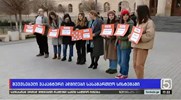As a result of competition for the position of judges, new staff did not enter the judicial system
Table of contents
- Judges appointed by the Council of Justice on February 7
- Job interview
- The questions from the Constitution of Georgia included the following issues
- Issues from criminal law included the following issues
- Questions from civil law included the following issues
- Questions from administrative law included the following issues
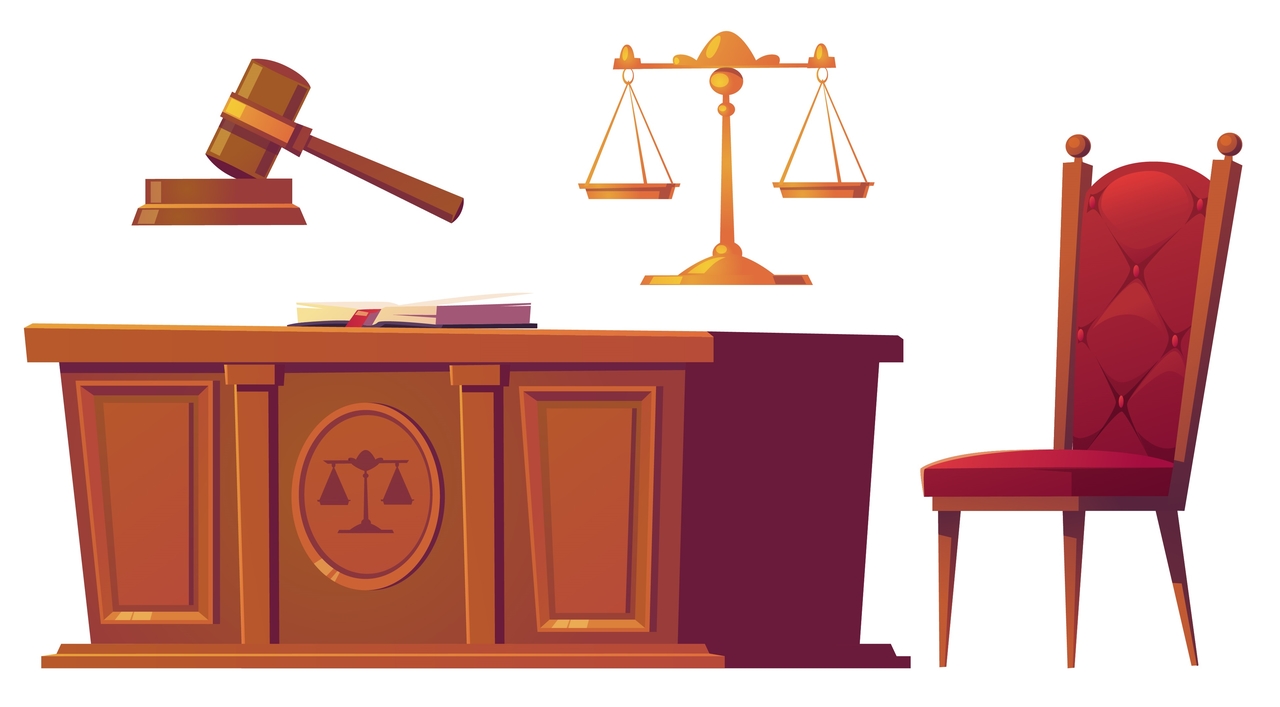
On February 2023, 7, the competition for judges of the district (city) and appellate courts ended. The High Council of Justice announced the competition for the selection of judicial candidates on November 2022, 25, for 76 vacant positions of judges. Initially, 21 persons were interviewed, but several of them withdrew their candidacies.
As a result of the competition, 8 judges were appointed to the position:
- 7 is a valid judge.
- 1-former assistant to the judge.
Currently, about 100 judicial seats are vacant in the judicial system; the results of the competition once again confirmed that there is low interest in the judicial career. In these conditions, it is necessary to take measures that ensure the openness of the judicial system in order to fill the courts with new professional staff.
Judges appointed by the Council of Justice on February 7
1. Tamar Chuniashvili - civil cases Chamber of Tbilisi Court of Appeals
2. Zaza Ramishvili-civil cases Chamber of Kutaisi Court of Appeals
3. Tariel Tabatadze - civil cases collegium of Tbilisi City Court
4. Giorgi Lobzhanidze-Magistrate Judge of Batumi City Court in Kobuleti municipality
5. Nana Chalatashvili-Gurjaani District Court
6. Nata Tedeshvili - civil cases collegium of Rustavi City Court
7. Kristine Kopaliani-panel of civil cases of Rustavi City Court
8. Ia Labadze-Board of administrative cases of Mtskheta District Court
Job interview
Interviews with judicial candidates were conducted during January 2023, 23-25, during which the following trends were identified:
A significant part of the questions concerned the practice of the Constitutional Court and the Supreme Court; candidates were asked to talk about decisions of interest to them or known.
Most of the candidates stated that they do not have time to get acquainted with the practice and important decisions of the constitutional and supreme courts due to excessively high workload.
According to the observers of the Court Watch, the interview revealed that a large part of the candidates could not answer the questions from the Constitution of Georgia or the answers given by them were not exhaustive.
As for specializations (criminal, civil, and administrative law), candidates answered most of the questions in this regard. However, there were cases when candidates either did not have an answer to the question at all or answered incompletely.
The questions from the Constitution of Georgia included the following issues
- Freedom of opinion and expression;
- Positive and negative rights;
- Submission of a legislative proposal;
- Rules for electing members of the Constitutional Court;
- Legal state;
- Economic Freedom;
- The right to free development of personality;
- Freedom of movement;
- Restriction of personal space and communication of personal life;
- Freedom of faith and confession;
- State arrangement;
- Constitutional principles for the accused and procedural rights;
- Freedom of creativity;
- Property rights;
- Principle of popular sovereignty;
- Forms of direct democracy.
Issues from criminal law included the following issues
- Difference between factual and legal error;
- Right to change charges or refuse charges;
- Hooliganism according to the codes of criminal and administrative offenses;
- Principle of charge immutability;
- Multiple crimes;
- Grounds for prescribing a minimum sentence;
- Importance of pre-trial hearing;
- Exchange of evidence between the parties;
- Grounds for recusal in the Supreme Court;
- Evasion of the accused to appear in court in relation to the jury trial;
- Seizure in criminal and civil law;
- Terms of seizure;
- Grounds for the appointment of a psychiatric examination and the role of a judge;
- Violence against women;
- Preventive measures;
- Grounds for revising the sentence in relation to the convicted person who has been sentenced to life imprisonment;
- Legal entity punishments;
- Penalty as a type of punishment and the basics of its appointment;
- Revision of the verdict due to newly revealed circumstances;
- Civil agreement;
- Election of Judge as jury;
- Relation of the Institute of jury trial to the right to a fair trial;
- Difference between administrative offense and criminal offense;
- Fault-finding and mitigating circumstances;
- Circumstances excluding lawlessness.
Questions from civil law included the following issues
- Use of seizure at the time of signing the contract;
- Bank guarantee and its function;
- Making an absentee decision when submitting a counterclaim;
- Use of collateral against third parties in civil and administrative law;
- Absentee decision-making;
- Divorce without the consent of the spouse;
- Securing the claim and invalidating the decision;
- ultima ratio in labor law;
- Mechanisms for restoring rights in case of illegal dismissal;
- Criteria for issuing compensation for illegal dismissal;
- Procedure for soliciting a cassation claim.
Questions from administrative law included the following issues
- Existence of an administrative complaint Institute in relation to filing a claim;
- Use of seizure in the administrative process;
- Suspension of the administrative act and the role of the court in this process;
- Suspension of normative acts;
- Scope of discretion of the administrative body.
---
The materials distributed by courtwatch.ge and published on the website are the property of "Georgian Court Watch", when using them, "Georgian Court Watch" should be indicated as the source.
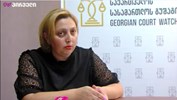
Vacancies in court

Why are dozens of vacant seats of judges not filled?
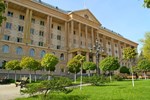
The Supreme Council of Justice does not announce competition for the vacancies of judges
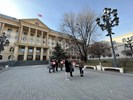
Briefing - Low competition in a judicial system: there is 20 candidates on the 76 judicial vacant positions
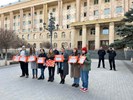
Record low competition in the judicial system: 76 vacancies for judges have less than 20 candidates
